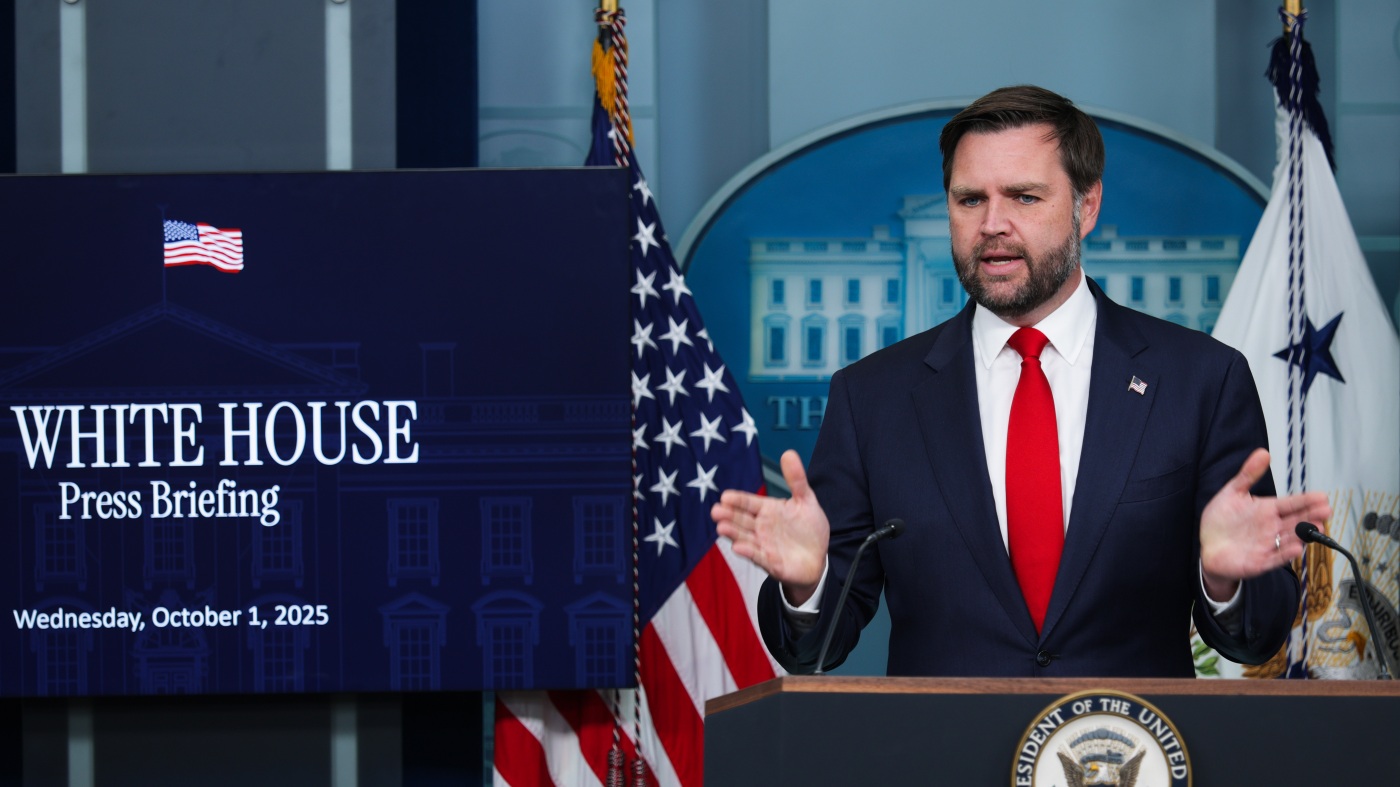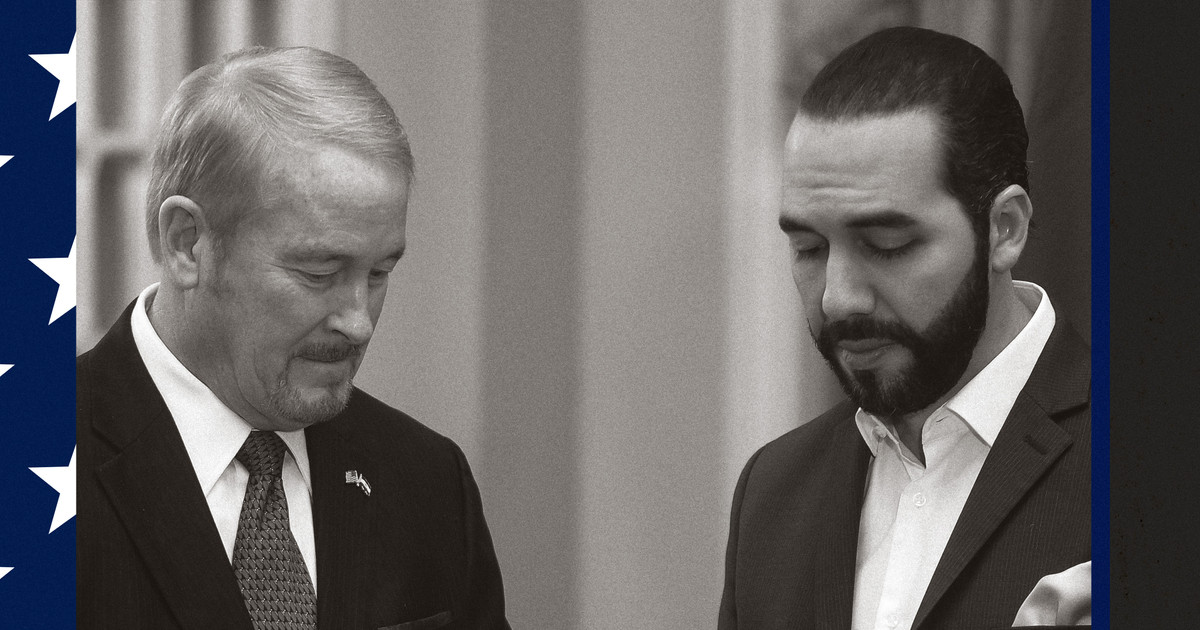
On Capitol Hill, a heated partisan debate is underway regarding the urgent need for lawmakers to extend subsidies for the Affordable Care Act (ACA) marketplaces. Currently, around 24 million individuals, who lack insurance through their jobs or public programs like Medicaid, rely on these marketplaces for their health coverage.
The stakes are high as the government shutdown, which commenced on October 1, has brought this issue to the forefront. Democratic lawmakers are advocating for an immediate extension of the enhanced premium tax credits, citing the impending open enrollment period that begins on November 1. Conversely, Republican legislators assert that there is ample time to negotiate the policy, with the subsidies set to expire in December.
The crux of the matter lies in the timing. “The window is rapidly closing,” warns Jon Godfread, North Dakota’s insurance commissioner. He underscores the necessity of extending these subsidies before open enrollment kicks off. “Let’s do this now,” he implores.
Godfread emphasizes that if lawmakers fail to act by the deadline, it will pose significant challenges in regaining consumer trust. “It’s going to be really, really challenging to go back to consumers and say, ‘OK, now we fixed it, please come back and shop at this market that you were priced out of.’ I just don’t believe consumers are going to do that,” he states.
The consensus among insurance commissioners from both red and blue states is clear: action is needed. Godfread, who is also the president of the National Association of Insurance Commissioners, insists that this matter transcends partisan divides. “Red state, blue state, appointed, elected — we have unanimous approval supporting these tax credits,” he asserts.
For months, insurance commissioners have been sounding the alarm about the impending crisis. Godfread reveals that they have sent multiple letters to lawmakers since January, emphasizing the severe consequences of allowing the enhanced premium tax credits to expire. He describes the situation as a “double hit” for consumers who are already facing rising healthcare costs.
The potential impact on families is stark. Godfread illustrates the dire consequences: “We’re seeing increases in premiums because healthcare costs are going up, but when you also take away these subsidies, you essentially pull the rug out from people. You’re looking at a family that maybe was paying $800 a month for their health insurance and that jumps to $3,000.”
A recent analysis from KFF, a nonpartisan health research organization, underscores the gravity of the situation, predicting that premiums could surge by an average of 114% for consumers if the enhanced premium tax credits are allowed to expire.
In North Dakota, the repercussions are particularly acute for farmers and ranchers, many of whom have benefited from the enhanced subsidies. Godfread explains, “With these enhancements, we saw more farmers and ranchers purchasing coverage for their families, so it’s been really, really good on that front.”
Notably, KFF reports that over three-quarters of enrollees in ACA plans reside in states won by President Trump in 2024. Furthermore, a recent poll revealed that 78% of voters across the political spectrum support the continuation of enhanced subsidies, including a significant number of Republicans and “Make America Great Again” supporters.
As the deadline for action looms, Godfread emphasizes the importance of maintaining access to affordable healthcare. After a challenging decade, the ACA insurance markets, including Healthcare.gov, are showing positive signs. Consumers are satisfied with their options, and affordable plans are available. However, if premiums skyrocket and healthy individuals drop their coverage, it could severely weaken the risk pool, leading to more uninsured individuals and increased uncompensated care for hospitals, further straining state budgets.
Godfread acknowledges that discussions surrounding the cost of subsidies and rising premiums are important but argues that they should not overshadow the immediate need to ensure access to consumers. “We can talk about the costs of healthcare and pharmaceuticals, all the pieces — but we’ve still got to get access to consumers, and that’s what these subsidies have helped provide.”
Despite the challenges, there is a glimmer of hope that lawmakers may act decisively, as awareness about the issue grows. Godfread expresses a desire for action, noting, “I’m happy we’ve had more conversations — we’ve got to get some action, though.”
As open enrollment approaches, health insurers have already locked in their rates for 2026. However, Godfread points out that if Congress acts swiftly, there is still an opportunity to provide consumers with subsidized rates. “Most states, if not all states, had their [insurance] carriers file two sets of rates — one with subsidies, one without,” he explains. “And so if they do a clean extension of these subsidies, I think most states will be ready to go on that.”
Ultimately, the critical factor remains timely action before open enrollment begins. Godfread concludes, “I don’t see consumers taking multiple bites of this apple.”


